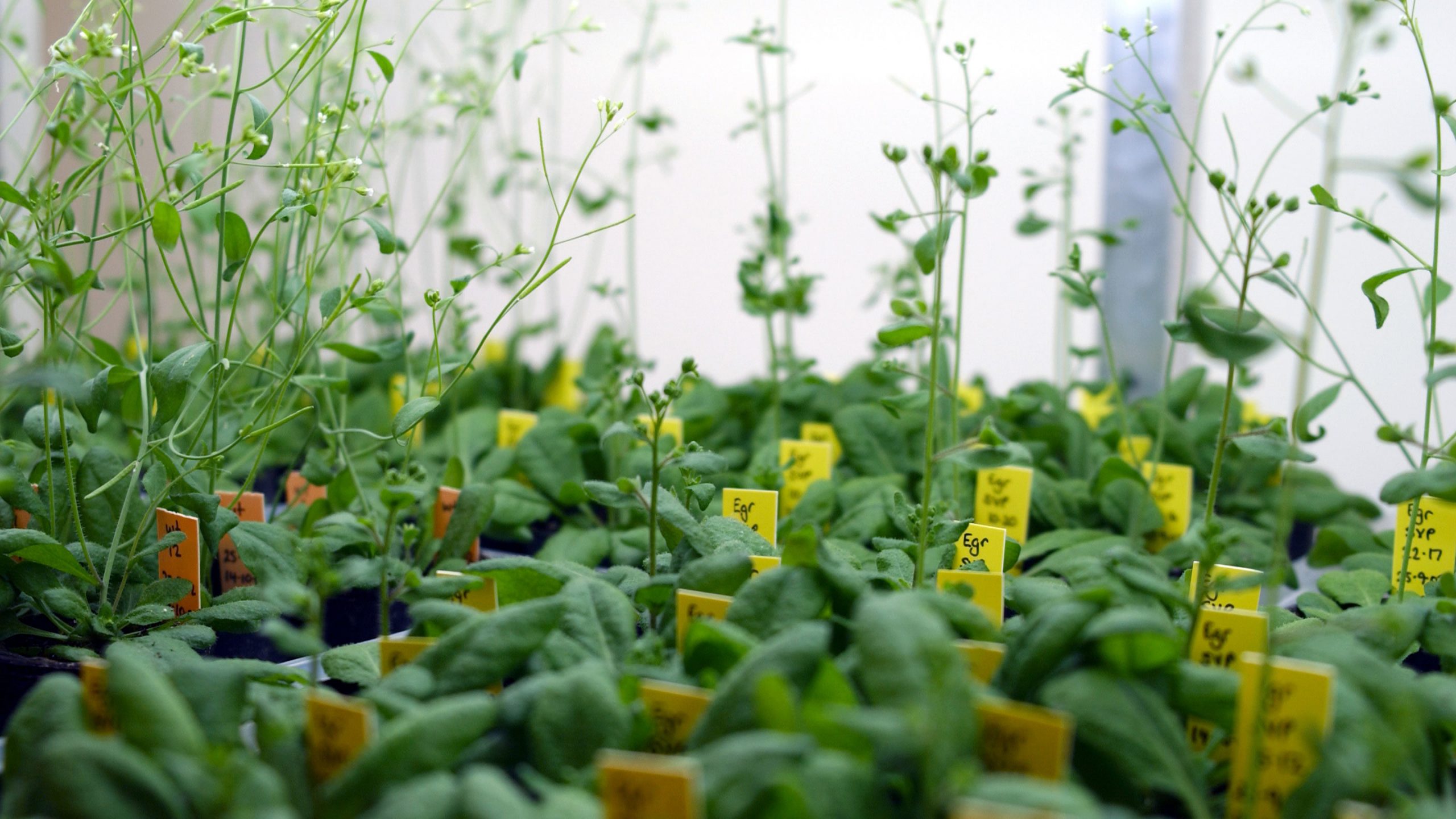Did you know that plants have huge genomes? For instance, a rare flower that comes from Japan has a genome that is about fifty times the size of a human’s genome. These large genomes, along with big genes associated with plants, can make it quite difficult for the plant scientists to impart genetic changes to plants that would help in providing resistance to diseases.

In order to make this task faster and easier, a team of researchers has shifted their focus to a method that is known as recombineering. Recombineering enables genetic changes to be implemented in large segments of DNA. However, recombineering is generally not used by plant scientists.

Despite that, a group comprised of NC State researchers has come up with a new set of genetic tools for making the process of recombineering easier for plants. Their techniques were shared in a paper that was published in the journal Plant Cell. They have also made the toolset available via the Arabidopsis Biological Resource Center. Jose Alonso who is a William Neal Reynolds Professor of Plant and Microbial Biology and senior on the paper as well, said, ‘Before unless you were in a specialized lab that worked with big pieces of DNA and had a lot of experience in molecular biology, it was unlikely you would adopt recombineering. Our hope is that by making it more accessible, any molecular biology lab should be able to get into recombineering with these new tools. They should be a good resource.’

The scientists are hoping that the new toolset will help in improving the efficiency and reliability of plant science, which is a field that provides the foundation for innovations in pest control, yield resistance, and different aspects of agriculture. The toolset will enable users to introduce genetic modifications in almost all of the plant species. This includes crops such as tomatoes, corn, and rice. The toolset has been developed over the last eight years, and the team is hopeful that it can be used for deriving special compounds for the sake of developing medications and can also help in imparting increased resistance to different viruses.


